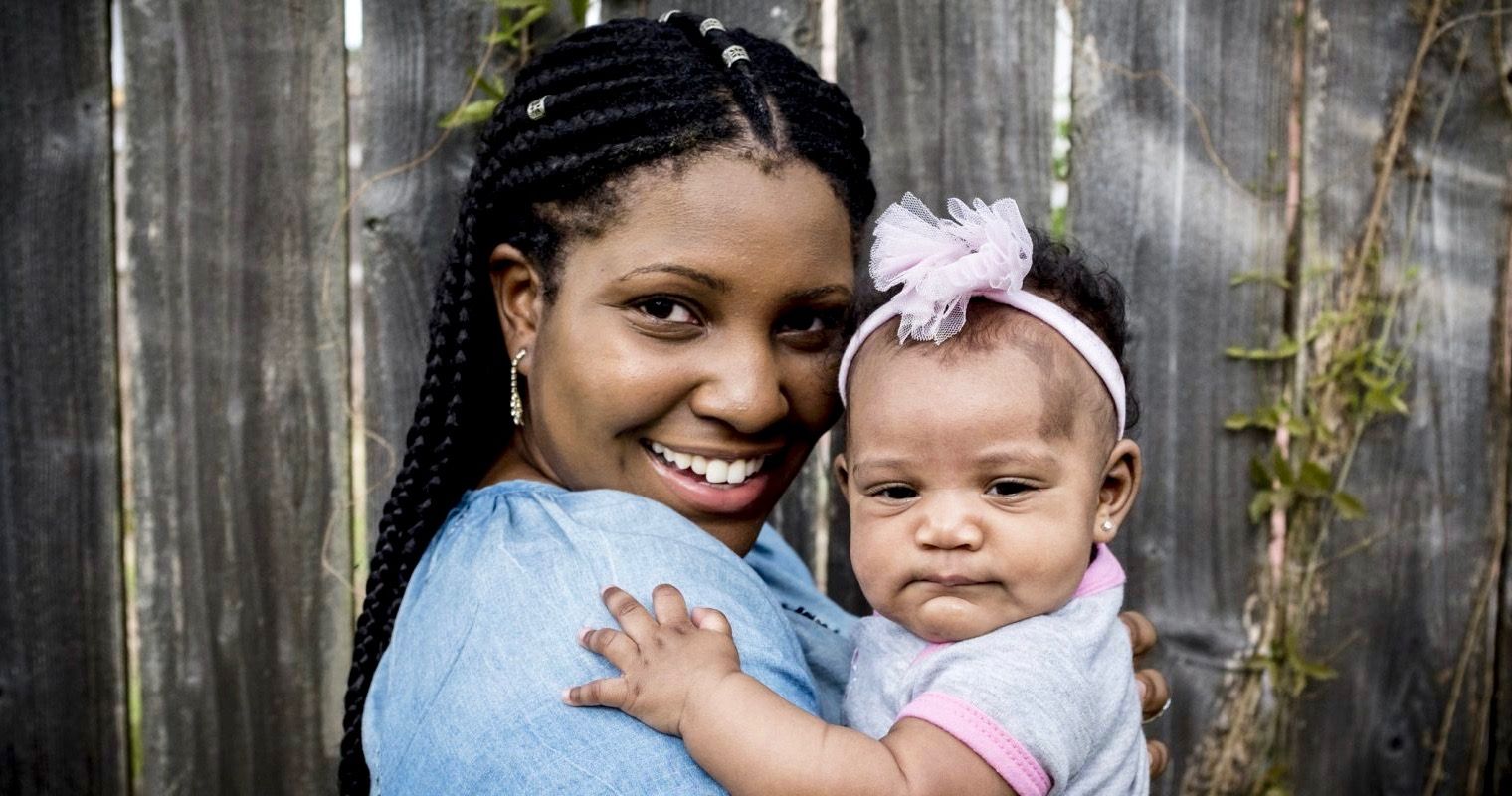The Centers for Disease Control says the risk of a pregnancy-related fatality is three to four times greater for black women than it is for white women. On Monday, several members of the House of Representatives joined forces to address the issue.
In the United States, black women are two to six times more likely to die from complications of pregnancy than white women, depending on where they live. Maternal mortality rates ranged from 1.9 deaths per 100,000 in New Hampshire to 22.8 in the District of Columbia. The US is the only industrialized nation with a rising maternal mortality rate, and between 2000 and 2014, there was a 26% increase in the maternal mortality rate.
The leading causes of maternal death are hemorrhage, pregnancy-induced hypertension, and embolism. Black and nonwhite women have almost three times the risk of death from hemorrhage than white women, according to the National Institutes of Health.
North Carolina congresswoman Alma Adams stood in front of the capitol on Monday to launch the Black Maternal Health Caucus. “Launching the caucus sends a message that we are very concerned about the disparity as it relates to maternal health and African-American women," Rep. Adams said. "That African-American women and giving birth and being successful at giving birth and having healthy children is an important issue for this Congress and for our country.”
Adams says the caucus will work to raise awareness about maternal health of African-American women, as well as attempt to pass much-needed legislation. Black Mamas Matter Alliance’s Elizabeth Gay echoed the need for new laws that address the issues that black women face, including obstetric violence, disrespect, neglect, abuse, mistreatment, and lack of access to high-quality care.
Roughly 893 pregnant women die every year in the United States. The State of Georgia alone has more pregnancy-related fatalities than any other state according to data from a study conducted over a three year period from 2012-2014.
Congressman Buddy Carter met with medical professional last October of 2018 to understand why black women in Georgia are disproportionately affected. Experts said that the reasons range lack of prenatal care to a reluctance to seek help. Stephanie Jones-Heath, Director of the Diversity Health Center in Hinesville, says in many cases preventative care arrives too late.
“Usually, we see people come in during their seventh, eighth, and ninth month of pregnancy, and a lot of times, these are younger people,” she said. “Teenagers that are afraid to tell their parents they are pregnant, to tell their spouse they are pregnant, so they come into care late.”
Heath says that maternal healthcare for African American women has always been lacking. “Having those prenatal visits early on, getting the vitamins, getting the checkup to see if it’s something going on with the baby early, and being able to prevent some of the things during childbirth is critical, and when it comes to healthcare, as I said, it’s the best-kept secret to a lot of people,” she added.
Two factors that affect black women directly are lower incomes and a lack of insurance, which results in higher rates of maternal mortality among African American women and Hispanic women in Georgia. “A lot of people don’t realize when they do become pregnant and they don’t have health insurance, they don’t realize that there is access to care in the community for people that are pregnant,” she said.
The second annual National Black Maternal Health Week, created by the Black Mamas Matter Alliance, will take place from April 11 to April 17.

